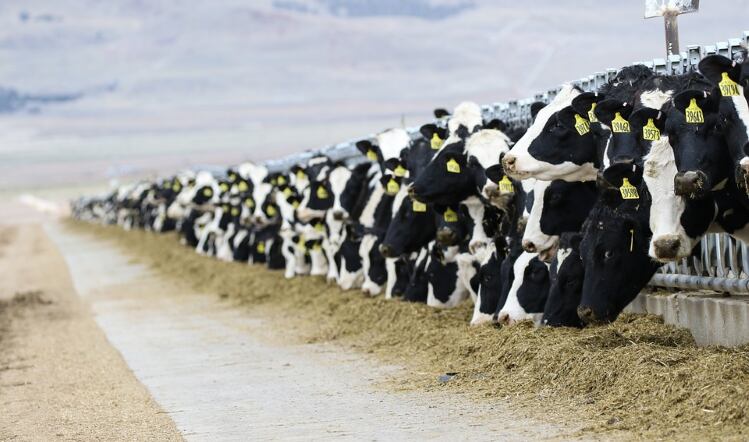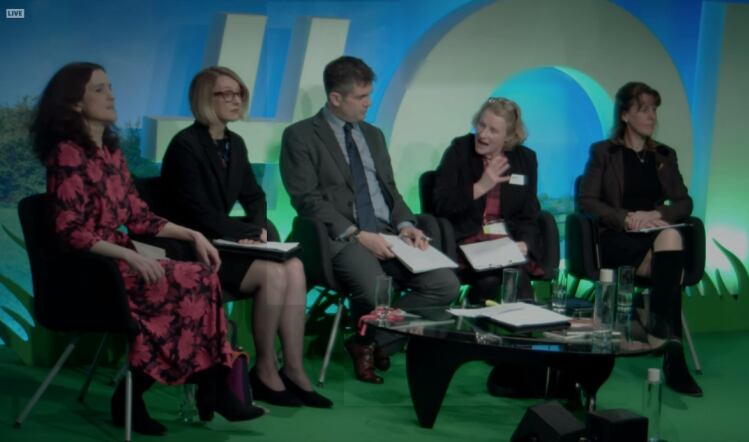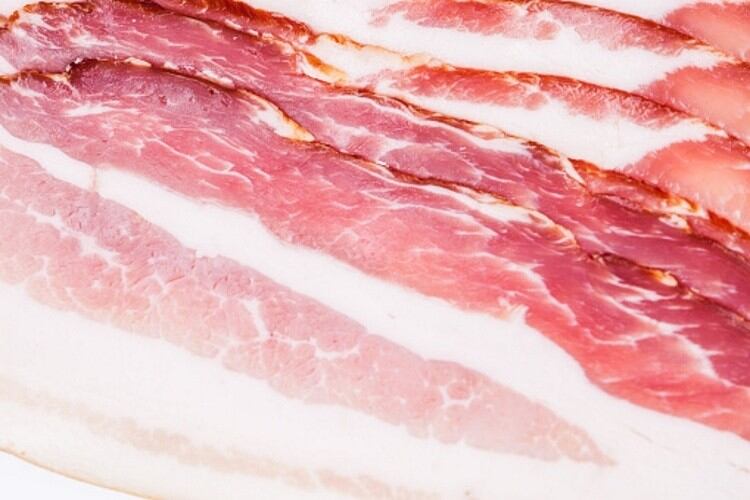Aired last night (8 January), Apocalypse Cow: How Meat Killed the Planet accused the industry of destroying the living world through unsustainable methods of production.
Presenter George Monbiot claimed agricultural sprawl was the worst offender of habitat destruction and that tax-payers’ money was – through Government subsidies – helping to prop up an industry that was destroying the “UK’s life support system”.
He suggested that completely ditching farming and replacing meat with lab-grown alternatives was the only way to halt the rapid climate change that was damaging the plant.
Unbalanced view
AIMS company secretary Norman Bagley was highly critical of the direction of the programme and its pro-vegan leanings, which he believed offered an unbalanced view on the subject of meat production in the UK.
“Mr Monbiot’s platform, provided to him by a pro-vegan broadcasting station, failed to provide any convincing argument that farming in the UK should be ditched, as he was unable to suggest any credible alternative for feeding humans beyond food being synthesised in a laboratory. More Pharma than Farmer,” said Bagley.
“His simplistic ideals failed to acknowledge that food and farming is worth £120bn per annum to the UK economy and employs around 4 million people. The tax revenues generated by the food and farming industry and those working in it pays for schools, hospitals, the country’s infrastructure and, of course, the welfare state.”
Hybu Cig Cymru – Meat Promotion Wales echoed Bagley’s concerns over Monbiot’s suggestion of switching off production and moving to lab-grown foods.
‘Consumers won’t share his enthusiasm’
Chief executive Gwyn Howells said: “I doubt that many people will share the presenter’s enthusiasm for switching to processed foods mass-produced from bacteria and stem cells in laboratories.
“The programme also failed to question the wildly optimistic claims that are made about the potential of this technology, its cost, how much energy it would consume, and how quickly and safely it could be developed.”
Howells instead suggested Monbiot took aim at the wrong target and said more focus should be put on reducing carbon emissions from transport, industry and energy generation.
“Sustainable forms of agriculture offer more immediate and realistic solutions to mitigating climate change,” he added. “Wales, with its overwhelmingly non-intensive, grass-fed beef and sheep sector, is ready to lead the way in responsible and sustainable farming.”
Criticism at the Oxford Farming Conference
Monbiot made an appearance at the last day of the Oxford Farming Conference 2020 to further promote his idea for a food system that has done away with traditional agriculture.
His comments received pushback from other speakers at today’s event, including the Sustainable Food Trust’s policy director Richard Young and investigative journalist Joanna Blythman.





